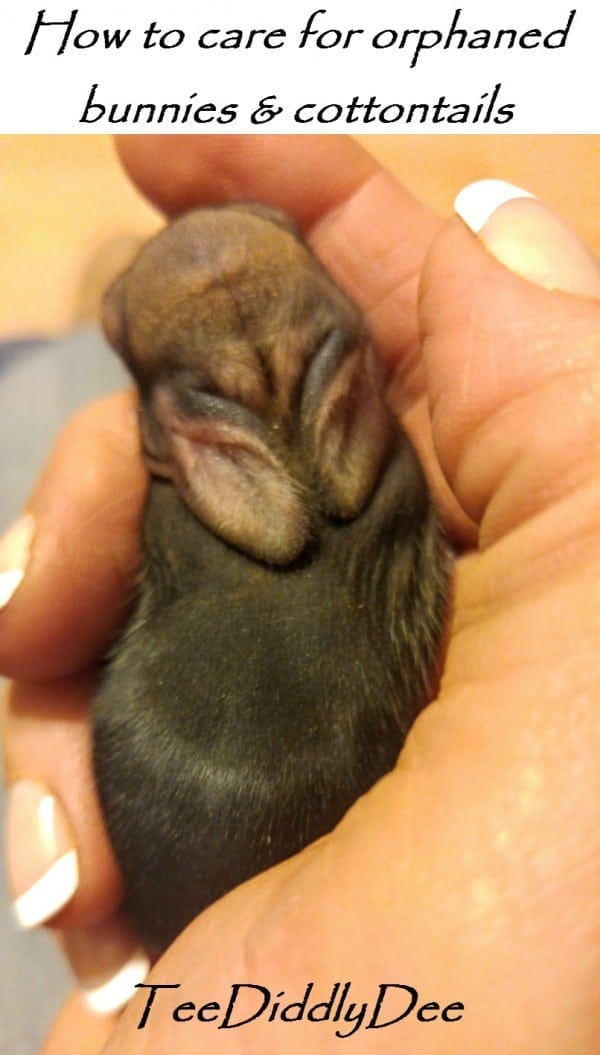
Caring for Orphaned Baby Rabbits: A Comprehensive Guide
Introduction
Orphaned baby rabbits, also known as kits, require specialized care to ensure their survival and well-being. These fragile creatures are highly dependent on their mothers for nourishment, warmth, and protection. When orphaned, they face numerous challenges, including malnutrition, hypothermia, and dehydration. This comprehensive guide provides detailed instructions on how to care for orphaned baby rabbits, covering all aspects from feeding to socialization.
Assessing the Situation
Before attempting to care for an orphaned baby rabbit, it is crucial to assess the situation and determine if intervention is necessary. Observe the kit from a distance to see if its mother is nearby. If the mother is present and appears to be caring for the kit, it is best to leave them alone. However, if the mother is absent or deceased, or if the kit is visibly injured or distressed, immediate intervention is required.
Providing Warmth
Baby rabbits are highly susceptible to hypothermia, so providing a warm and cozy environment is essential. Create a nest box lined with soft materials such as fleece or towels. Place a heating pad set to low underneath half of the nest box, leaving the other half cool for the kit to regulate its temperature. Monitor the temperature closely to ensure it remains between 95-100°F (35-38°C).
Feeding
Orphaned baby rabbits require a specialized milk formula designed specifically for rabbits. Cow’s milk or other animal milks are not suitable as they can cause digestive problems. Follow the manufacturer’s instructions carefully when preparing the formula.
To feed the kit, use a syringe or a special bottle designed for baby rabbits. Hold the kit upright and gently insert the syringe or bottle into its mouth. Feed the kit small amounts of formula every 2-3 hours, gradually increasing the volume as it grows.
Hygiene
Maintaining proper hygiene is crucial to prevent infections and other health issues. Clean the nest box daily and replace the bedding regularly. Gently wipe the kit’s bottom with a warm, damp cloth to stimulate urination and defecation. If the kit becomes soiled, bathe it using lukewarm water and a mild soap specifically designed for rabbits.
Stimulating Elimination
Baby rabbits cannot urinate or defecate on their own. To stimulate elimination, gently rub the kit’s genital area with a warm, damp cloth after each feeding. This will encourage the kit to release waste.
Socialization
While baby rabbits require plenty of rest, it is also important to provide them with opportunities for socialization. Handle the kit gently and talk to it in a soothing voice. Gradually introduce it to other rabbits or pets in a controlled environment. Proper socialization will help the kit develop healthy social skills and prevent behavioral problems in the future.
Health Monitoring
Regularly monitor the kit’s health for any signs of illness or distress. Common symptoms to watch for include lethargy, decreased appetite, diarrhea, and respiratory problems. If you notice any abnormalities, contact a veterinarian immediately.
Weaning
Baby rabbits typically begin to wean around 4-6 weeks of age. Gradually reduce the frequency of formula feedings and introduce solid foods such as hay, pellets, and fresh vegetables. Monitor the kit’s weight and ensure it is gaining weight steadily.
Release
Once the kit is fully weaned and has reached an appropriate age, it can be released back into the wild. Choose a suitable location with plenty of food, water, and shelter. Monitor the kit’s progress and provide support if necessary.
Additional Tips
- Avoid overfeeding: Overfeeding can lead to digestive problems and obesity.
- Keep the kit hydrated: Provide access to fresh water at all times.
- Handle with care: Baby rabbits are fragile and can easily be injured.
- Be patient: Caring for orphaned baby rabbits requires patience and dedication.
- Seek professional help: If you encounter any difficulties or have concerns about the kit’s health, do not hesitate to consult a veterinarian.
Conclusion
Caring for orphaned baby rabbits is a challenging but rewarding experience. By following these comprehensive guidelines, you can provide these vulnerable creatures with the necessary care and support to ensure their survival and well-being. Remember to be patient, attentive, and seek professional help when needed. With proper care, orphaned baby rabbits can thrive and live long, healthy lives.
